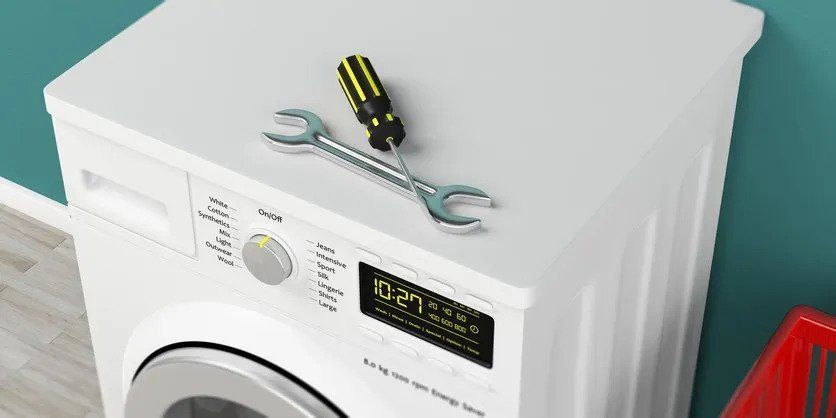Five Tips for Saving Energy When Using Your Dishwasher
29 June 2017
A dishwasher can significantly cut down the amount of time you spend cleaning up after a meal. However, like many appliances, dishwashers can consume a lot of water and electricity with each cycle, between 4 to 6 gallons of water and up to 1.59kWh
of electricity. It may not seem like much, but those amounts can add up if you use the appliance multiple times a day. Here are five tips to help you save energy when using your dishwasher.
Always Wash a Full Load
The simplest thing you can do to save energy is wash full loads every time you use the appliance. Your dishwasher uses the same amount of water and electricity regardless of how many dishes are sitting on the racks, so it's at its most efficient when it's full.
Having said that, this will be easier for some to do than others. Families with kids may have no problem filling a dishwasher, while a home with only one or two adults may struggle to fill a single rack. If the latter situation describes your home, consider buying a dishwasher with a half-load option. This type of dishwasher focuses the cleaning spray on a single rack, which uses less water and energy.
Use the Air-Dry Setting
Almost all dishwashers use heat to dry dishes, which decreases drying times and helps kill any bacteria that may be leftover after the cycle has run. If you don't need to use your dishes right away or don't require items to be extra sanitized (e.g. baby bottles), set your dishwasher to use air-dry instead.
This option turns off the dishwasher heater so the fan circulates room temperature air inside the appliance to dry the dishes. Using the air-dry option can reduce your dishwasher's energy consumption by 15 percent. If your machine doesn't have this feature, simply crack the dishwasher door open a little at the end of the cycle to let air inside or manually dry the dishes with a kitchen towel.
Run the Appliance at Night
Another thing that will help you save money and energy is running your dishwasher at night or in the early morning. This will accomplish two things. Utility companies charge extra for electricity used during peak demand hours. By using the dishwasher at night or early morning (i.e. between 9 pm and 7 am), you'll be charged off-peak rates, which can be up to five times less than normal rates.
Second, you won't contribute to the heat gain your air conditioner has to battle against to keep your home cool during hot summer days. As noted previously, dishwashers use heat for washing and drying, and the heat escapes into the surrounding area. This can cause your air conditioner to run longer to combat the extra warmth.
By running the appliance at night when it's naturally cooler, you'll avoid this problem.
Preheat the Water
Some dishwasher models preheat water before using it to wash the dishes. You can tell this is the case if it takes a while (sometimes up to 30 minutes) before the appliance actually starts the clean cycle. As you can imagine, this can cause the appliance to waste a lot of time and energy.
Since dishwashers typically draw water from the same pipe as the kitchen sink, a simple way to combat this is to turn on the faucet until it runs hot. This draws water from the hot water heater and minimizes the need for the dishwasher to run its own preheat cycle
Clean on a Regular Basis
Lastly, you want to clean your dishwasher on a regular basis. Food particles and mineral deposits often accumulate in the sprayer arm and other areas, which can cause clogs and force your dishwasher to work harder than necessary. Regularly cleaning the machine eliminates this build-up and keeps your dishwasher functioning efficiently.
For more information about saving energy, keeping your dishwasher in tip top shape, or help to fix a problem with your machine, give Jesse & Sons Appliance Repair Solutions a call.









